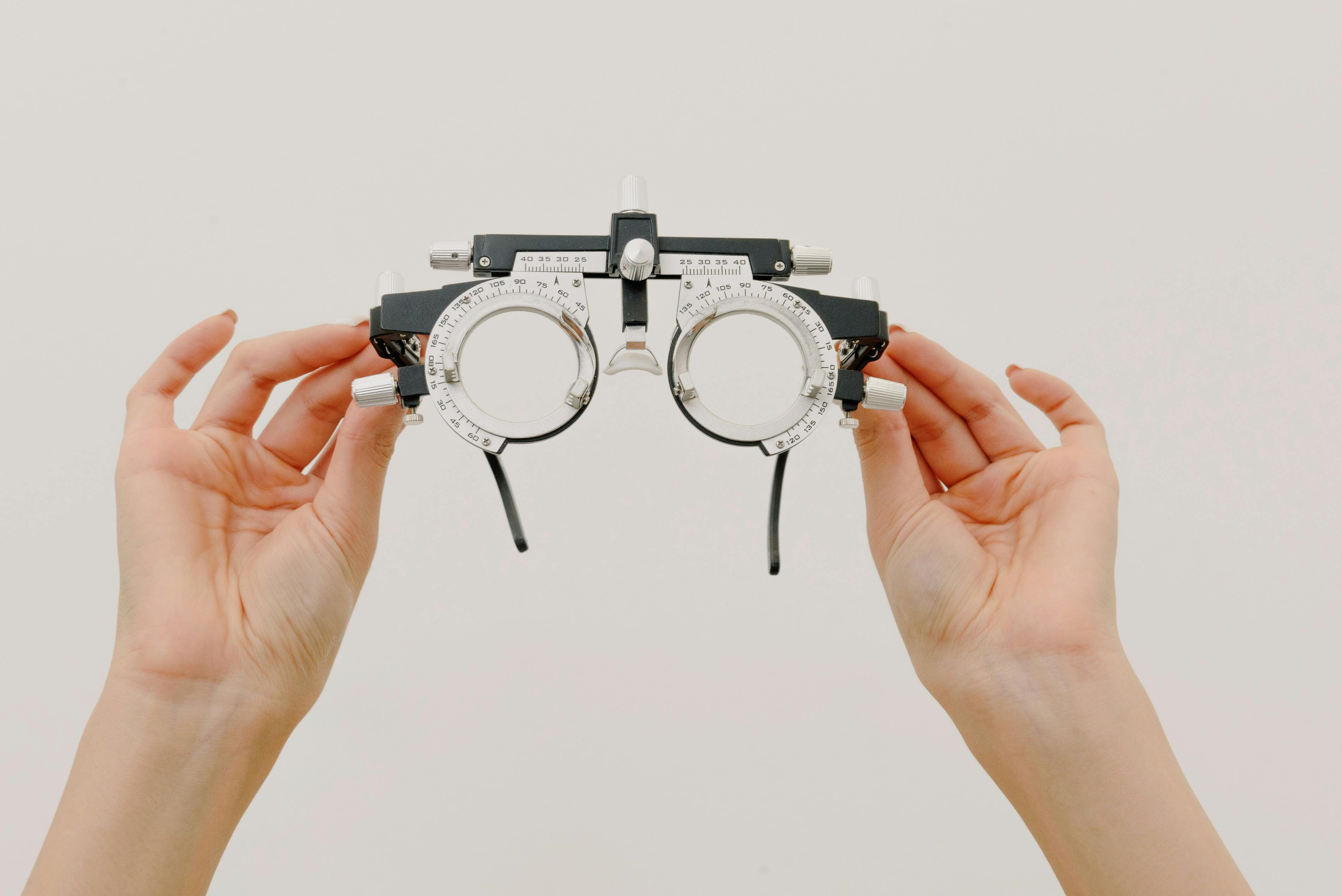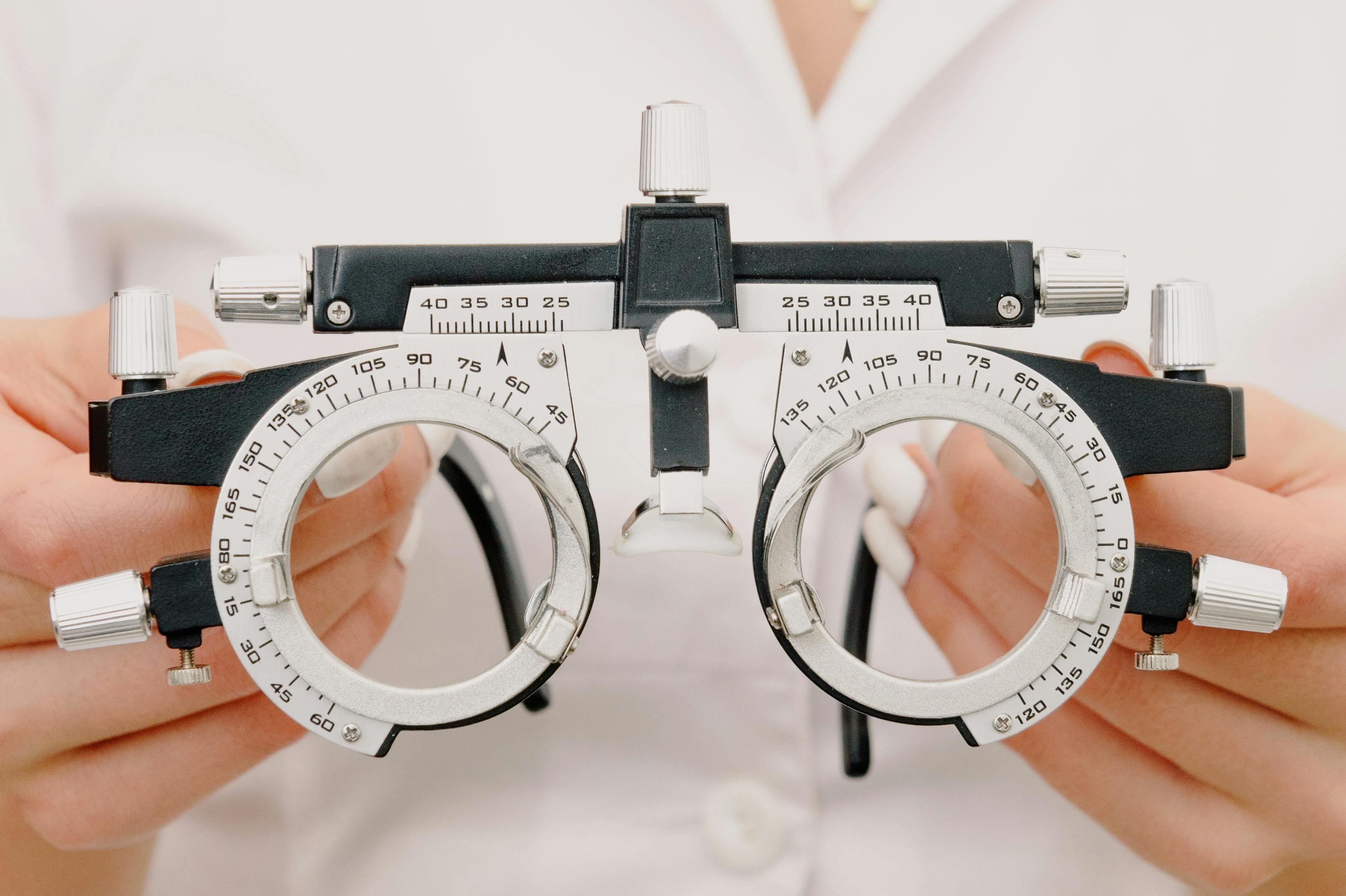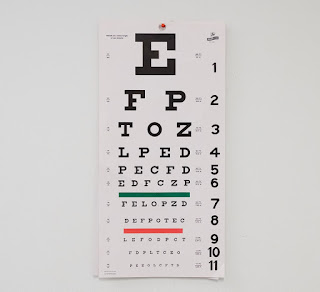What are Different Types of Eye Exams
An eye examination includes a series of routine vision tests to identify eye problems at their earliest stage.
- Eye muscle test
- Visual acuity test
- Refraction
- Retinal Exam
- Biomicroscopy
- Visual Field Test
Vision Screening vs Eye Exam: Is There Really a Difference?
Eye CareMay 26, 2021eye diseases, eye exam, eye examination test, eye health, vision screening
No comments

At a first glance, “vision screening” and “eye exam” sound like they might be the same thing. But the reality is, they are quite different and serve different purposes.
Vision Screening
If you forget everything we talk about in the rest of this article, remember this: vision screening is exactly what it sounds like – a screening. Screens can take on an extremely wide variety of forms. If the nurse at your childs school brings along a (last time we’ll mention them) Snellen Chart and puts a class through its paces, that is a vision screening.
If, during a routine physical, your doctor performs a similar, cursory vision exam, that is a vision screening. If you go to the Secretary of State (DMV) and have to respond to flashing lights before renewing your license, that is once again, a vision screening.
Parents should take especially careful note of the above. A clean bill of health for your child following a vision screening might sound reassuring. It’s important to realize however, that these tests are far from the final word on your child’s eye health.
Comprehensive Eye Exam
Unlike a screening, an eye doctor will actively examine for multiple disorders. These include crossed or ‘lazy’ eyes, differences in acuity between the eyes (amblyopia), and a raft of other vision-related issues that a quicker checkup just cannot catch.
Even more importantly, a trained eye doctor is much more likely to notice early signs of eye disease. Even extremely serious conditions, such as glaucoma, can have few noticeable signs during the early stages of development. Most vision screenings are designed to perform an extremely wide sweep of potential problems and can miss these apparently minor details.
Your eyes are not the only things that could benefit from an eye examination. There is a long list of other diseases that are often first detected during a routine comprehensive eye exam. Take Ankylosing Spondylitis, a chronic type of inflammatory arthritis of which our founder suffers. Many people with AS often feel it first as non-specific back pain. This is a notoriously hard thing to pin on any one symptom. However, AS can also cause telltale irritation to the eyes. A doctor will detect this issue more easily in an eye exam than a routine physical.
Get experts advice regarding vision screening or eye examination in holt, contact GoodRich Opticals.
Other common diseases and conditions most typically detected first in an eye exam include; Diabetes, Aneurysms, Tumors, Cancers, High Blood Pressure, High Cholesterol, Lupus, Lyme Disease, MS, Myasthenia Gravis, Sickle Cell, Sjögren's, Strokes, Thyroid Disease and STD’s (Syphilis, herpes, chlamydia, HIV, gonorrhea, genital warts and pubic lice can all affect layers of the eye). All are often first detected during an eye examination test. NOTE- the possibility of detecting these diseases and conditions is the reason your eye doctor takes a comprehensive health history. It may help them in finding a disease in it’s earliest stages when it can be most easily treated.
What This Means for You
The biggest point you should take away from the above sections is: vision screenings are not a sufficient safeguard of eye health. They are helpful, sure, but they simply are not designed to catch the majority of possible problems. When we talk about your vision, that is not nearly enough. Instead, find an eye doctor you trust. Schedule consistent eye exams and return as the doctor recommends. This goes double for children. Vision screenings can easily miss a large percentage of the many, many things that can go wrong with the eyes of a child. So, do not be content with a school screening or pediatrician’s OK; make sure your child sees an eye doctor early and often.











